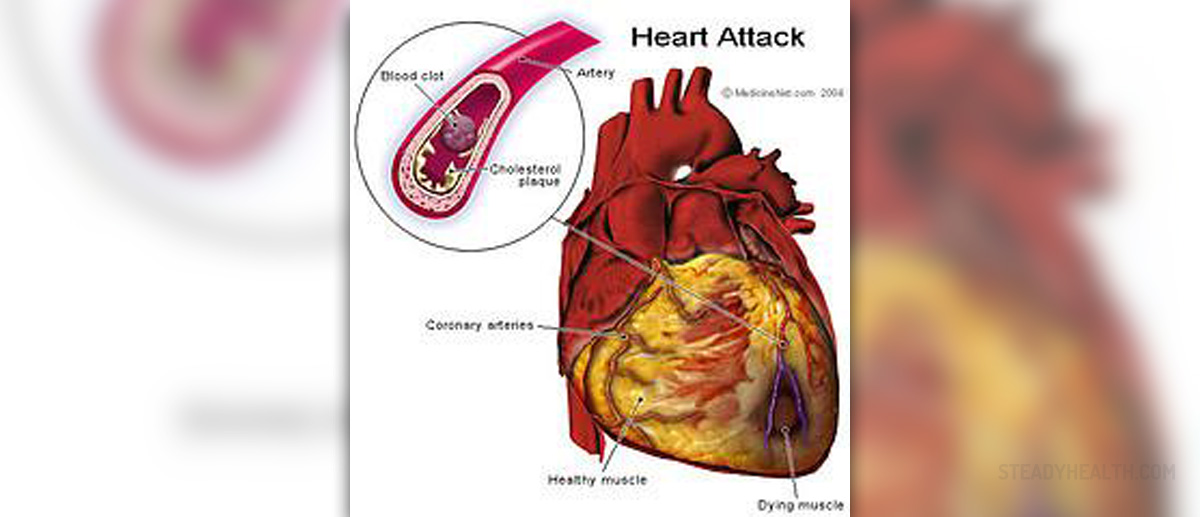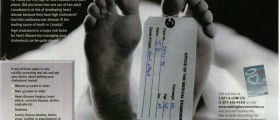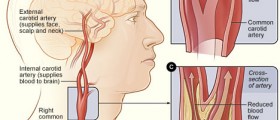
Since we were kids, our parents and many other people have taught us to drink plenty of milk in order to provide our body with calcium, necessary for our bones. In fact, as we get older, our body's power to absorb calcium reduces and we might need supplements in order to keep our bones strong and healthy as soon as we cross the age of 50. Additionally, a regular supply of calcium keeps our body safe from numerous bone-affecting diseases.
Yet, recently, scientists have unearthed a connection between heart attacks and the levels of calcium in our body, telling us that the previous generations may not be right, when it comes to the rule “more is better” regarding this vital nutrient.
Heart Attack and Calcium – a Connection?
Basically, a heart attack is a direct product of a lack of blood supply to the heart. This usually takes place once a foreign object blocks the blood flow in a heart artery.
Numerous studies have been conducted over several recent years and about 12,000 patients were given doses of 500mg of calcium per day. The results of the studies were remarkable, claiming that calcium supplements increased people's chances of suffering from a heart attack by 30%. Therefore, too much calcium in your body may signify a potentially life-threatening situation.
Even though normal doses of calcium supplements may not pose any risks per se, these might trigger changes in the human body, leading to a raise in calcium levels in the blood to dangerous proportions. The excessive calcium may, therefore, build up in the walls of the arteries, making these more and more narrow, raising the blood pressure and cutting the blood supply to the heart, triggering heart attacks.
The Test for Calcium Levels in One's Body
Coronary calcium scan is the name of a special type of a CT scan, providing a detailed image of the heart arteries. Since CT scan is an advanced version of an X-ray scan, forming an image through a computer screen, this kind of test can show calcium levels in the arteries too, due to the fact that it displays the inside of the arteries in detail. Therefore, if you have been taking calcium supplements for a longer period of time, you might want to undergo this test, just to make sure that calcium has not taken its toll on your health, increasing your risks for having a heart attack.
Keep in mind that vitamin D deficiency is one of potential causes of heart attack as well. Therefore, pay your doctor a visit, make sure you are healthy and learn how to maintain your calcium and vitamin D levels properly.

















Your thoughts on this
Loading...